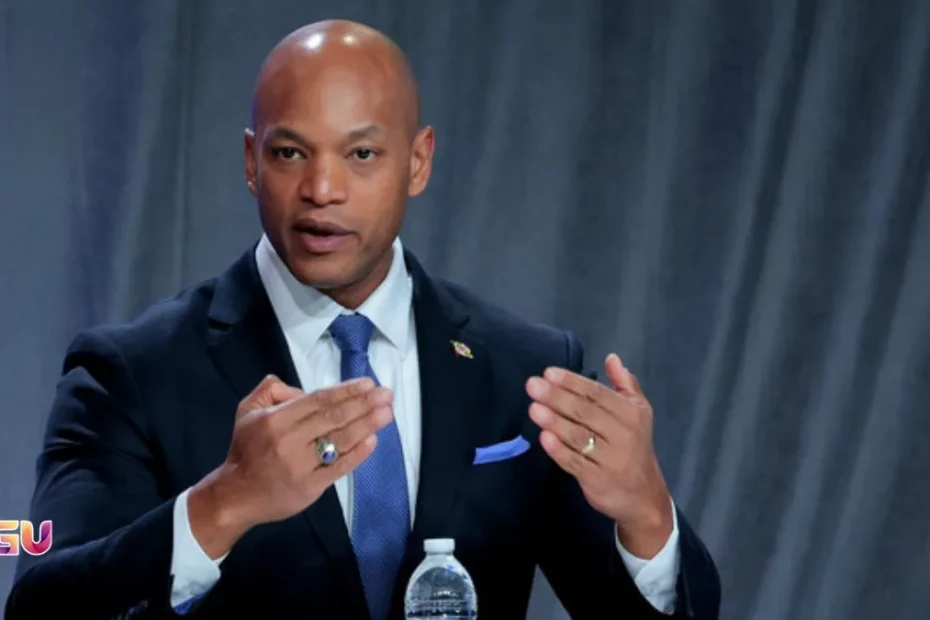Wes Moore: Maryland Governor Wes Moore is navigating a critical moment for Baltimore, tackling both long-term housing challenges and an urgent environmental incident that tested the city’s emergency response systems this week.
On one front, Moore is accelerating efforts to fix Baltimore’s housing crisis—an issue defined by thousands of vacant properties, rising rents, and a shortage of affordable homes.
At the same time, the governor is coordinating with city and federal officials to manage the cleanup of a 2,000-gallon diesel fuel spill in Baltimore’s harbor, a situation that drew swift environmental and public health concerns.
$3 Billion Housing Push Moves Forward
Moore has thrown his support behind Baltimore Mayor Brandon Scott’s ambitious housing strategy, which includes a 15-year, $3 billion plan to acquire and transform vacant properties across the city. The goal: stabilize neighborhoods, reverse population decline, and increase affordable housing options.
The governor’s own “Reinvest Baltimore” initiative, announced via executive order last fall, aims to convert 5,000 vacant units into livable homes or community assets over five years. His administration is also working to expand affordable housing across Maryland, particularly near public transit hubs.
“We cannot build a stronger future for Maryland without ensuring everyone has a safe and stable place to call home,” Moore said. “What’s happening in Baltimore is a model for the kind of bold, people-focused investment we need across the state.”
Progress is already visible. Baltimore has reduced its vacant housing count from over 16,000 in 2020 to under 13,000 today. New construction, like the 54-townhome Broadway East development, is helping breathe life into neighborhoods long marked by neglect.
Still, Moore and Scott face looming challenges, including potential federal funding cuts to housing programs like Section 8. The proposed Republican-led tax and spending bill in Congress could threaten the very assistance programs the city relies on. Moore acknowledged the risk but noted Baltimore may fare better than other cities due to aggressive local and state investments.
Quick Action on Diesel Spill
Just as housing policy was gaining momentum, Baltimore faced a sudden environmental crisis. A diesel fuel spill—initially thought to be 200 gallons—was later revealed to be 2,000 gallons, leaking from a Johns Hopkins Hospital facility and reaching the city’s iconic harbor.
Governor Moore responded immediately, joining a coordinated effort with Baltimore Mayor Brandon Scott, the U.S. Coast Guard, and state agencies to contain and clean up the spill. More than 100 responders worked overnight, deploying booms and using skimmers to remove the fuel from the water.
“We had a fast, coordinated response,” Moore said during a press briefing Thursday. “Thanks to our local, state, and federal teams, we were able to take control of a potentially devastating situation quickly.”
Officials confirmed that the city’s drinking water remains safe. However, the cleanup caused major traffic disruptions and will continue into the coming days.
A Balancing Act of Leadership
Wes Moore’s dual focus on housing reform and crisis response highlights the complex leadership challenges facing state governors in America’s cities today. From long-term urban revitalization to rapid disaster response, Moore is positioning himself as a hands-on leader committed to delivering results.
Baltimore’s housing recovery and environmental resilience will be key tests of his administration’s ability to manage both planned progress and unexpected emergencies in parallel.
